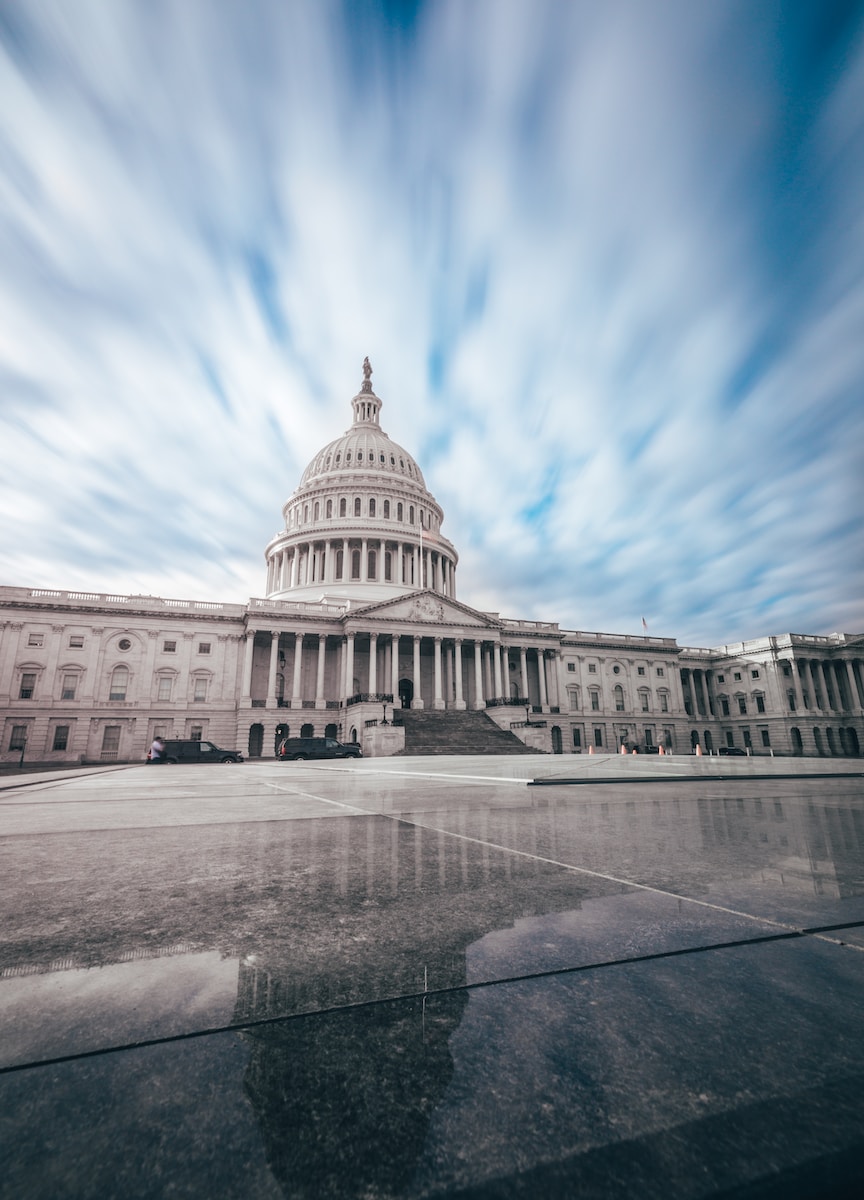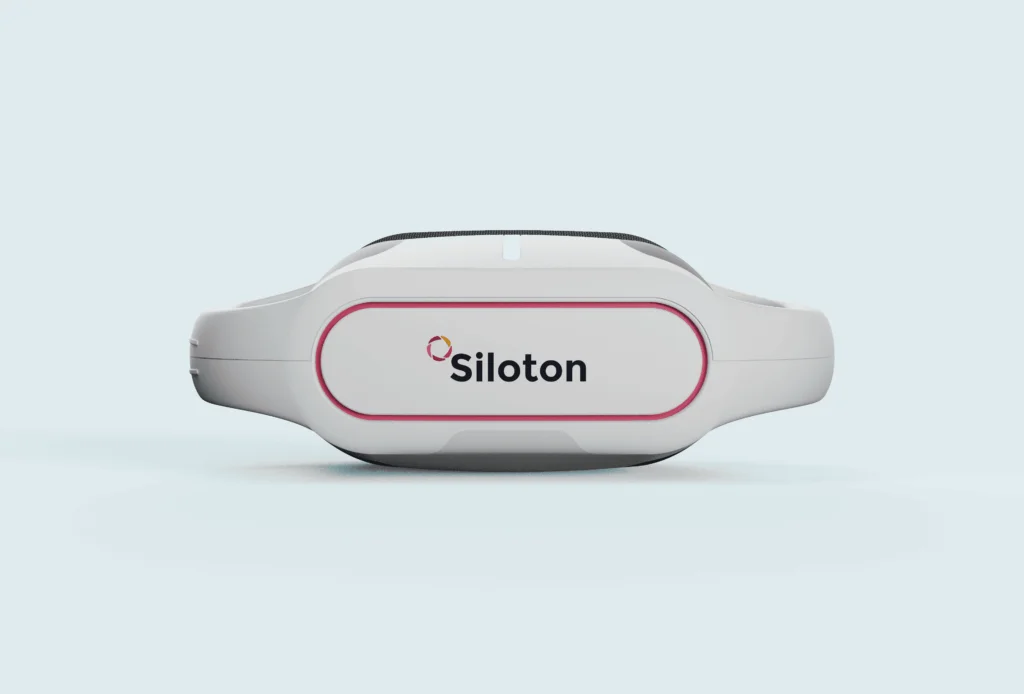Insider Brief
- Recent research advances may boost the odds that quantum legislation will be passed.
- Harvard and QuEra, along with IBM, all announced significant advances to quantum error correction and provided more viable paths toward practical quantum computing.
- News of these research findings come as US legislators are debating the reauthorization of the National Quantum Initiative.
As US legislation to fund quantum hangs in the balance, research advances may boost chances of quantum’s funding in government, insiders are telling Politico.
Earlier this month, researchers from Harvard University, along with QuEra Computing, MIT, and NIST/UMD, tackled one of the thorniest challenges in quantum information processing — errors — when they executed large-scale algorithms on an error-corrected quantum computer with 48 logical qubits and hundreds of entangling logical operations. For extremely sensitive quantum calculations that can be thrown off by a range of environmental interferences, this was a huge leap in error correction and a step toward creating quantum devices that can handle meaningful tasks that bog down classical computers.
IBM also reported on a quantum processor that improves managing of errors and touted a big push to designing and building quantum computers with more than 1,000 qubits.

Politico reports the news has not gone unnoticed in Washington D.C.
“For that legislation to pass, the goal is for it to be as uncontroversial and as proven as possible, and a recent breakthrough certainly provides a useful talking point,” Adam Kovacevich, founder and CEO of the Chamber of Progress, told Politico.
These reports may be critical because the federal government is debating the extension of the reauthorization of the National Quantum Initiative Act, which is currently up for its first five-year extension since the original bill was signed into law in 2018, Politico reports. The legislation partially funded the Harvard study, the political news site added.
Despite these advances, there’s no guarantee the legislation to fund quantum will navigate the perilous journey through Congress. While the House Committee on Science, Space and Technology passed the bill in November the House of Representatives did not attach it to the National Defense Authorization Act. Politico reports that representatives could attach quantum spending to another spending bill next month.
A couple of hurdles seem to be blocking the passing of the reauthorization, according to Politico: partisan disagreements and the growing obsession with artificial intelligence.
“Garnering attention for quantum in the current tech policy landscape dominated by AI remains an uphill battle, and navigating this environment to secure sufficient recognition and resources for quantum is proving a difficult task,” Hodan Omaar, a senior policy analyst at the Information Technology and Innovation Foundation, told Politico, but added, “These sorts of breakthroughs don’t hurt.”
If you found this article to be informative, you can explore more current quantum news here, exclusives, interviews, and podcasts.















